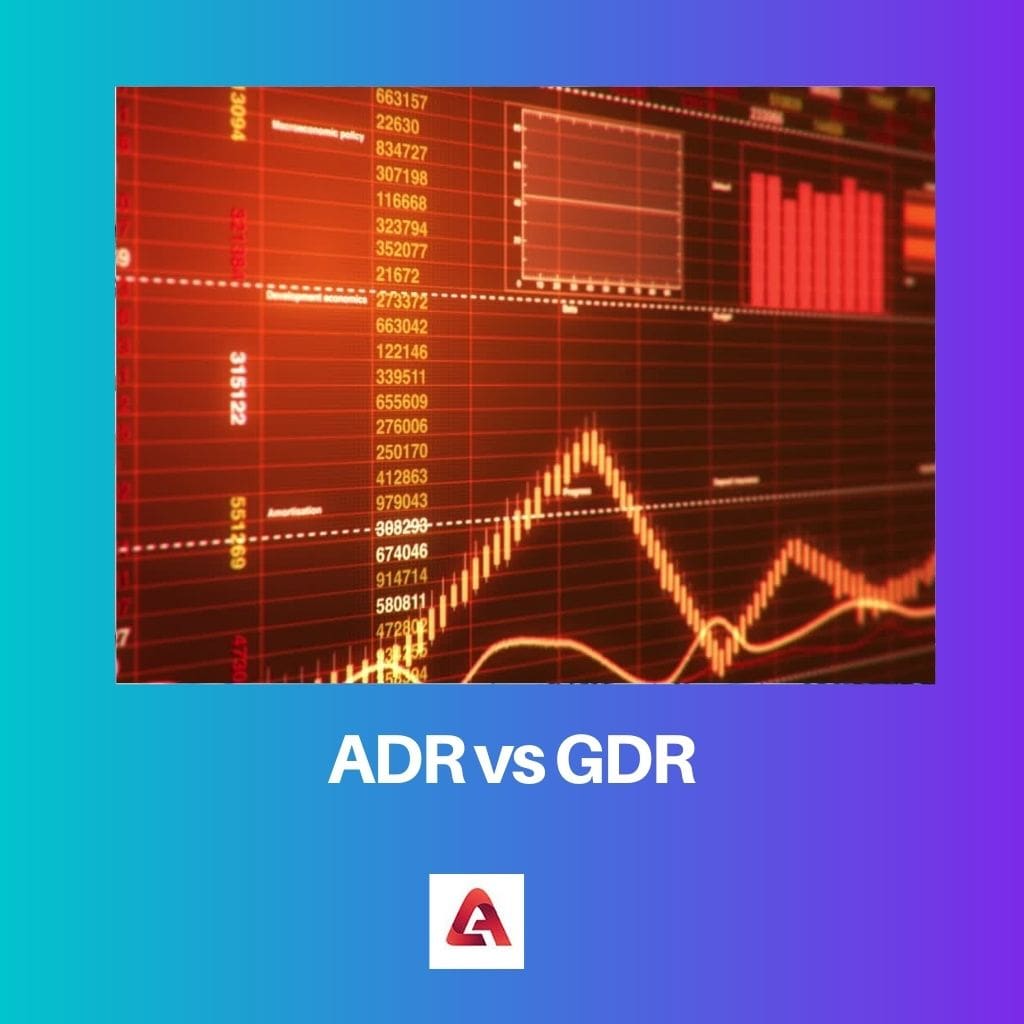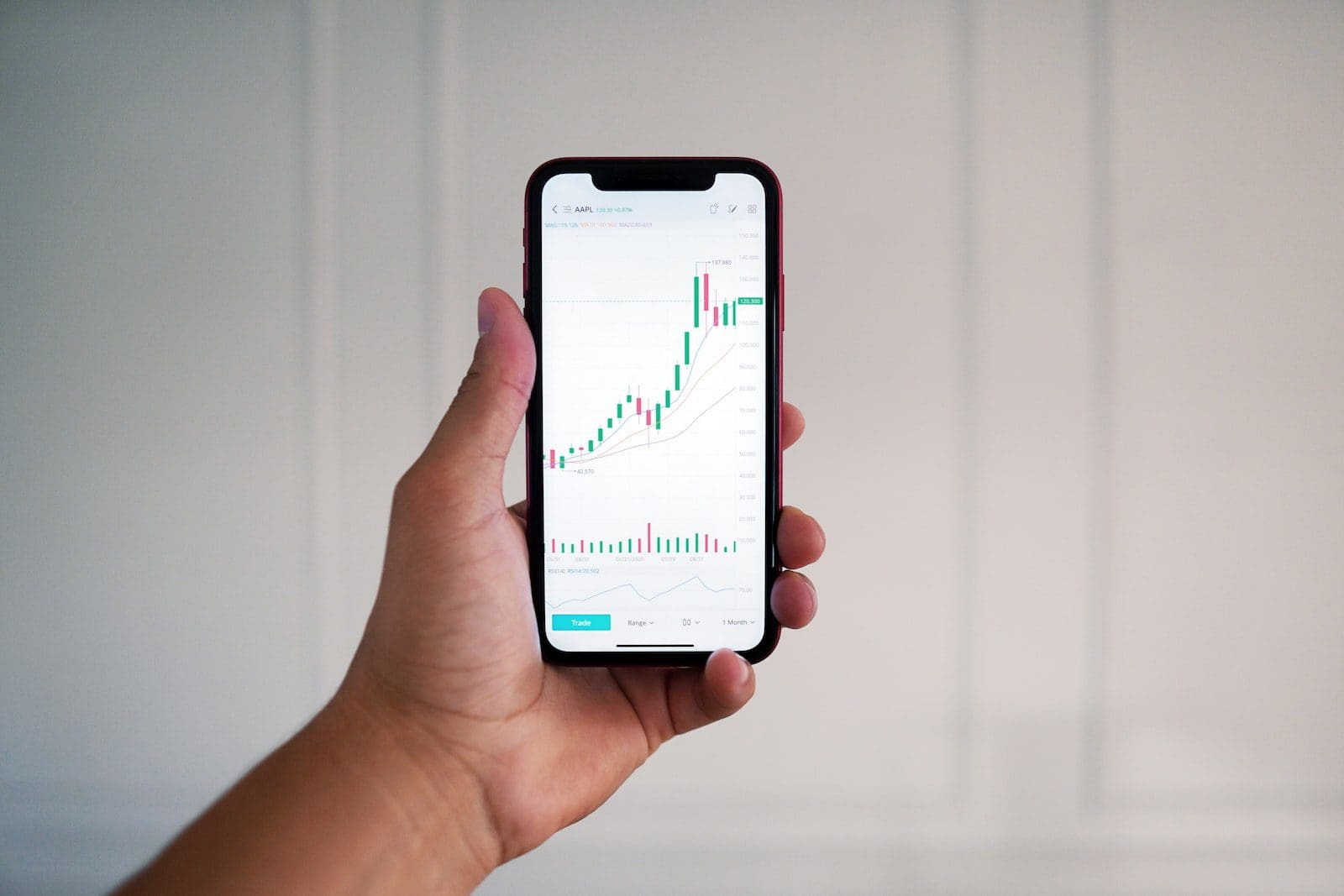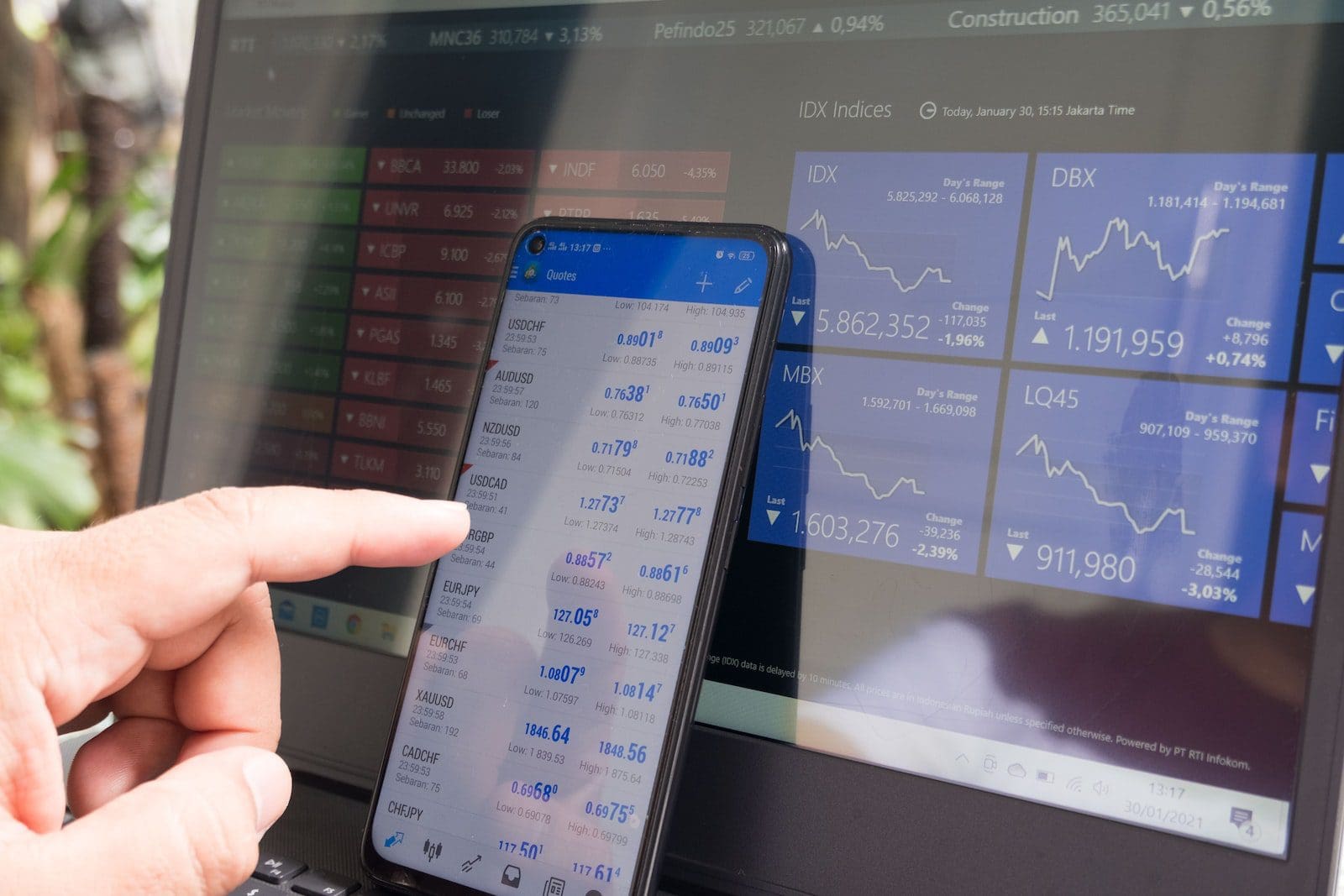Since the inception of civilization, humans are involved in selling and purchasing goods. And they have been practicing this not only at the regional level but also at the global level as well.
During the time of Harappan civilization people of Mohenjodaro used to trade with Mesopotamian civilization. And we are talking about the time when money or currencies were not in practice.
They used to follow the barter system. So with the growth of trade, the production of goods also cultivated over a while. Companies came into existence.
Then these companies started taking investments from local people. With time many things have happened during which the Industrial Revolution also took place.
People started trading with much more intensity. But with this, the need for funds also started rising.
Key Takeaways
- American Depositary Receipts (ADRs) represent foreign company shares listed on U.S. stock exchanges, enabling investors to trade them efficiently.
- Global Depositary Receipts (GDRs) allow companies to issue shares in multiple countries simultaneously, providing broader access to international investors.
- Both instruments facilitate international investment, but ADRs target the U.S. market, while GDRs cover a more extensive range of countries.
ADR vs GDR
In Adr, currency traded in is in US Dollars, while in Gdr, it is US Dollars, and Euro. Purpose of Adr is to acquire resources in the US Market, while in Gdr is in the International Market. Adr is issued by the US Capital Market, while Gdr is issued by the European Capital Market.

ADR allows foreigners to trade in US whereas GDR allows foreigners to trade all over the world.
Comparison Table
| Parameter of Comparison | ADR | GDR |
|---|---|---|
| Currencies | US Dollar | Euro |
| Access | Companies listed in NYSE | Companies listed in LSE and Euronext(France) |
| Market | Retail Investor Market | Institutional Market |
| Liability | Legally more complicated | Less as compare to ADR |
| Cost | High | Low |
What is ADR?
NYSE (New York Stock Exchange), Nasdaq, America Stock Exchange, Chicago Stock Exchange, are some of the stock exchanges that are active in the USA and have various companies listed. Some of the major global giants like Amazon, Facebook, Apple, General Motors, etc have been listed in these stock exchanges.
Investors from all around the world express their interest in investing in these companies and the return is much higher than any other company in the world. Keeping in mind and to safeguard the interest of local investors, the government has made the process very complicated through legal bounds and has also made very costly
Still, if an American company wants foreign investment then the company will release ADR for foreign investors via the bank and fulfill the requirement.

What is GDR?
Many global giants are listed on Americas’ stock exchange but not all. There are many other famous companies that are not present in America but have very large market capitalization.
And from time to time they also need funds to meet the requirement. So for them, GDR is available.
GDR stands for Global Depository Receipt. As the name itself bear the word Global which means the whole world.
So it is the depository receipt issued by every other country except America.

Main Differences Between ADR and GDR
ADR ( American Depository Receipt)
If any investor who is not an American citizen and wants to invest in USA company through its shares listed in New York Stock Exchange (NYSE) and in US dollars, will receiver ADR from the American bank.
GDR (Global Depository Receipt)
If an investor invests in UK LSE (London Stock Exchange) shares of UK Company in Euro gets a receipt of GDR.